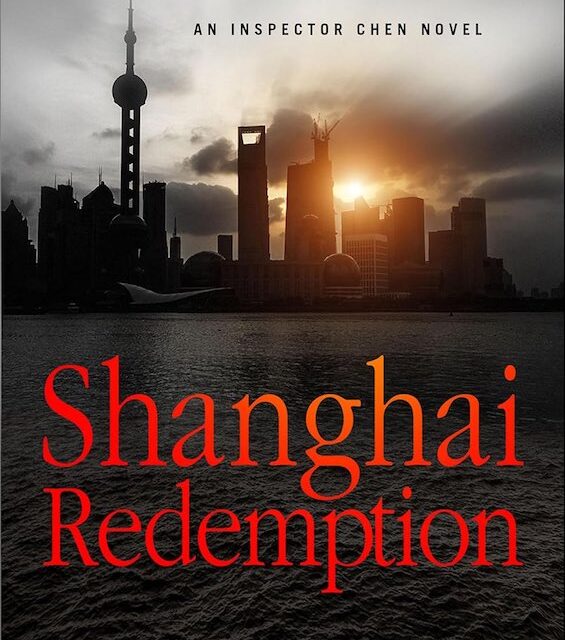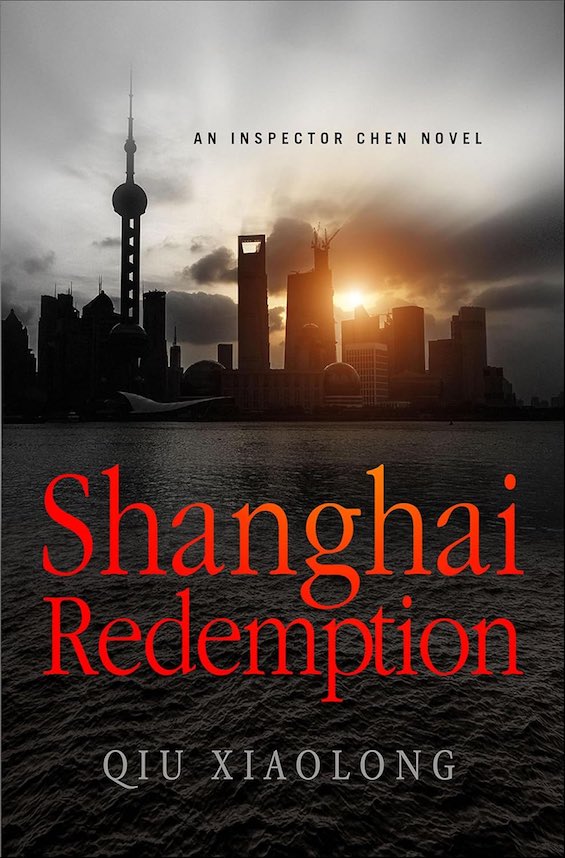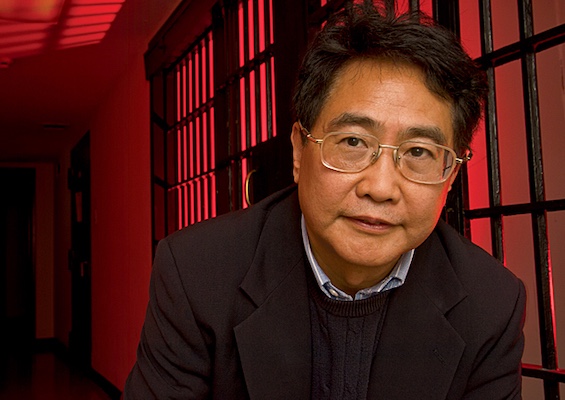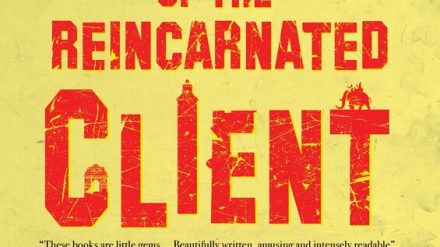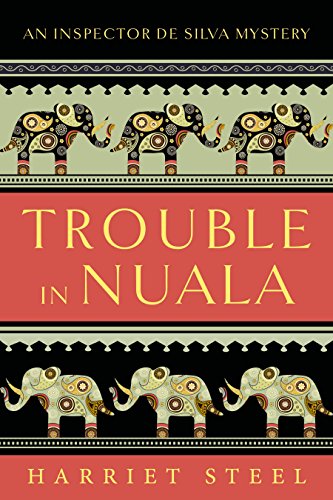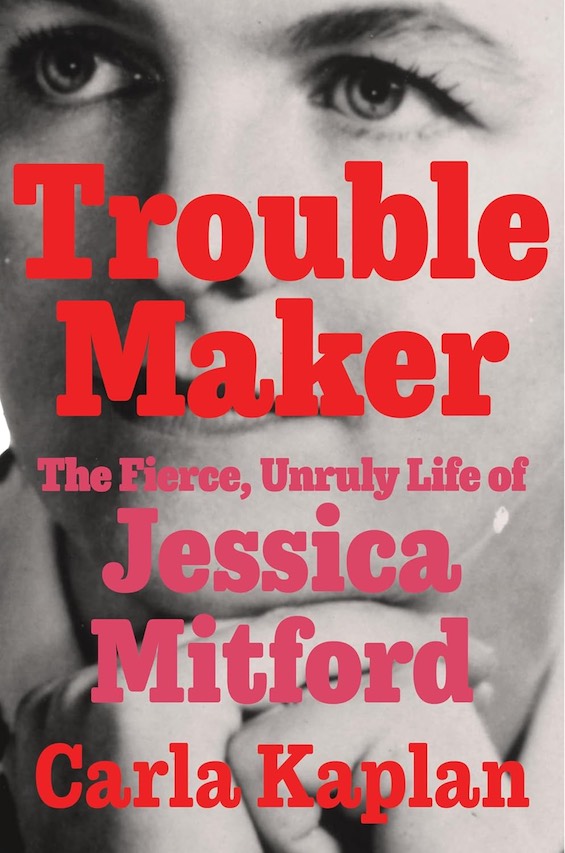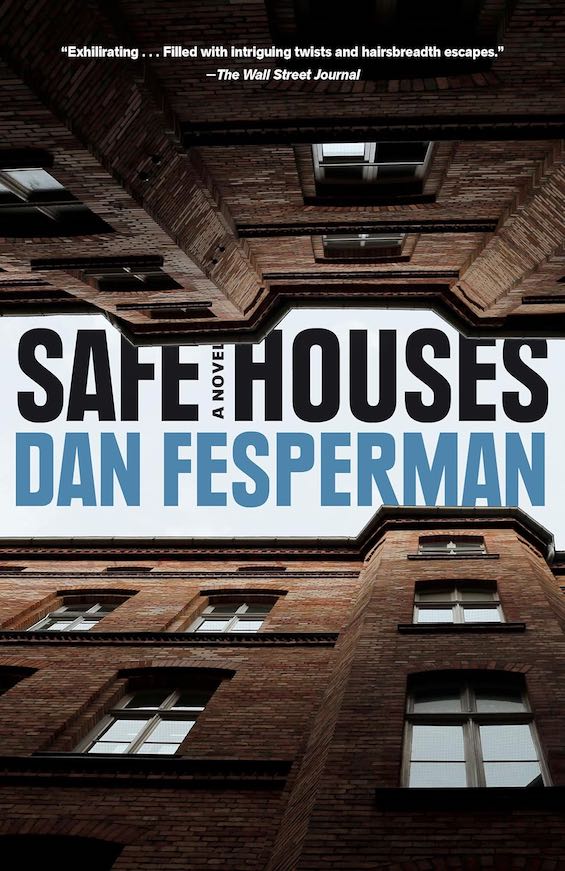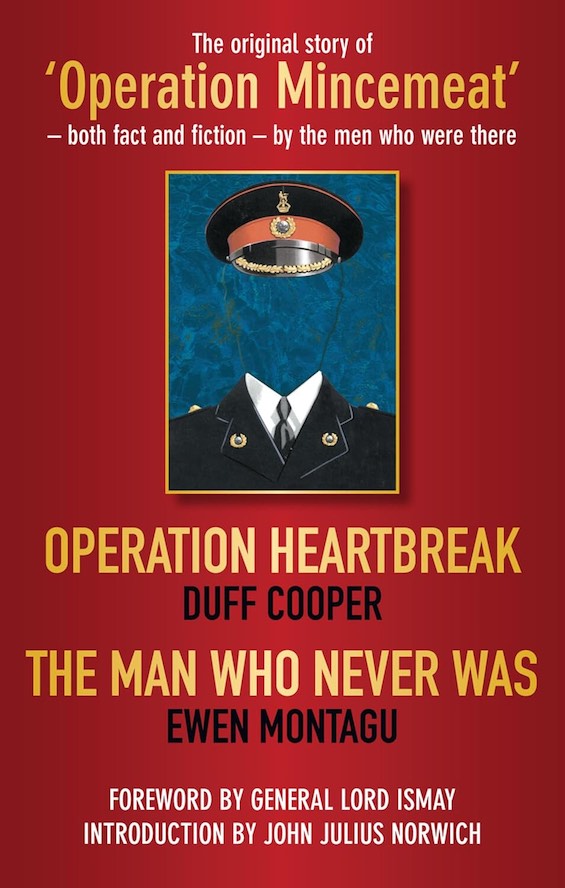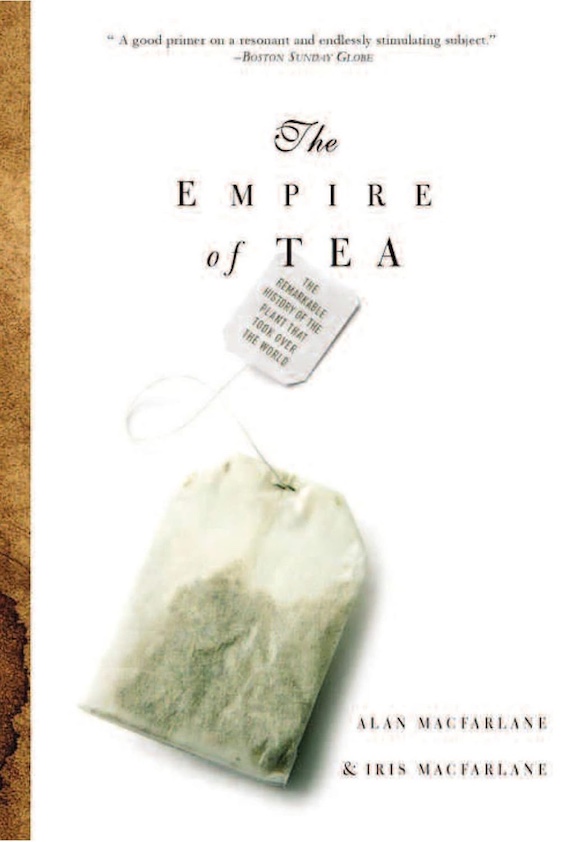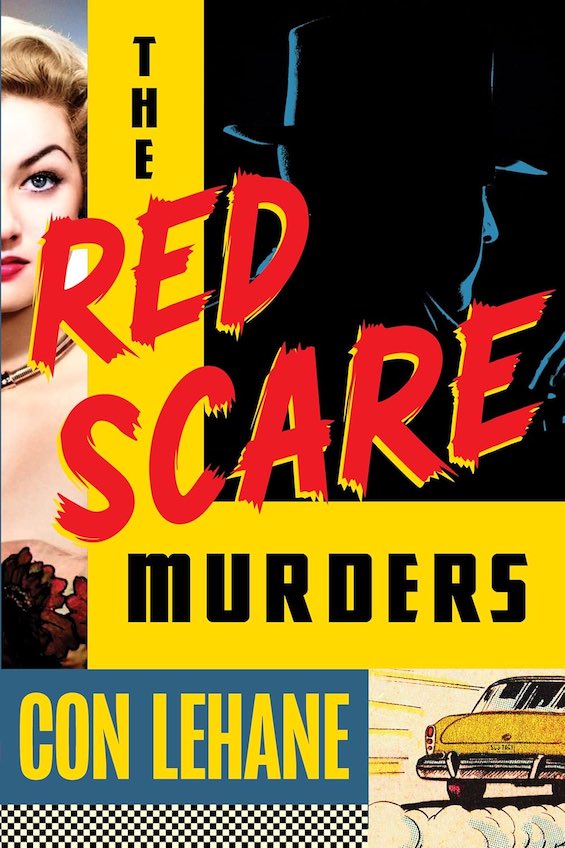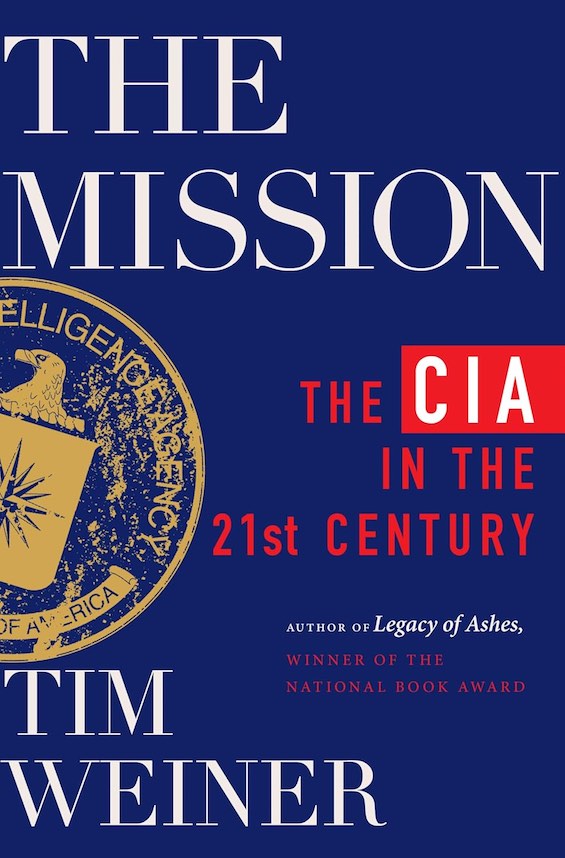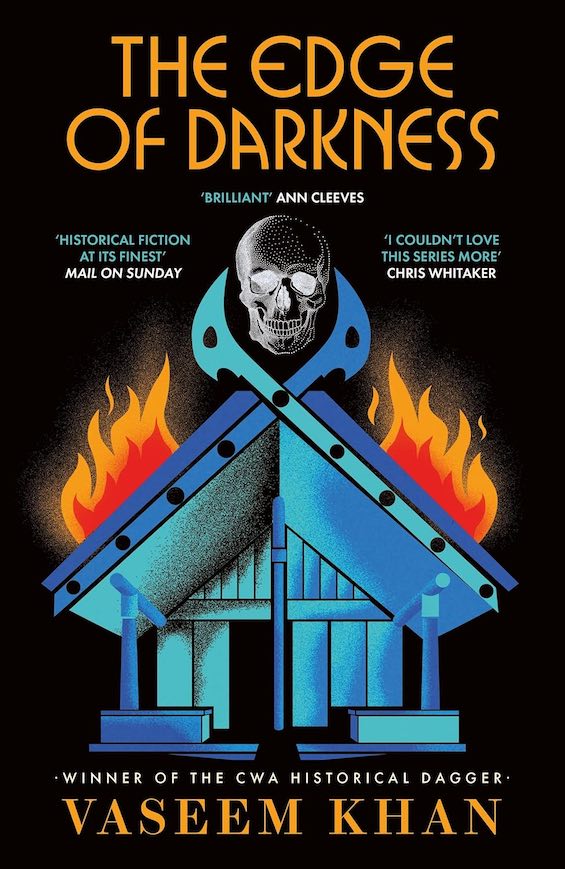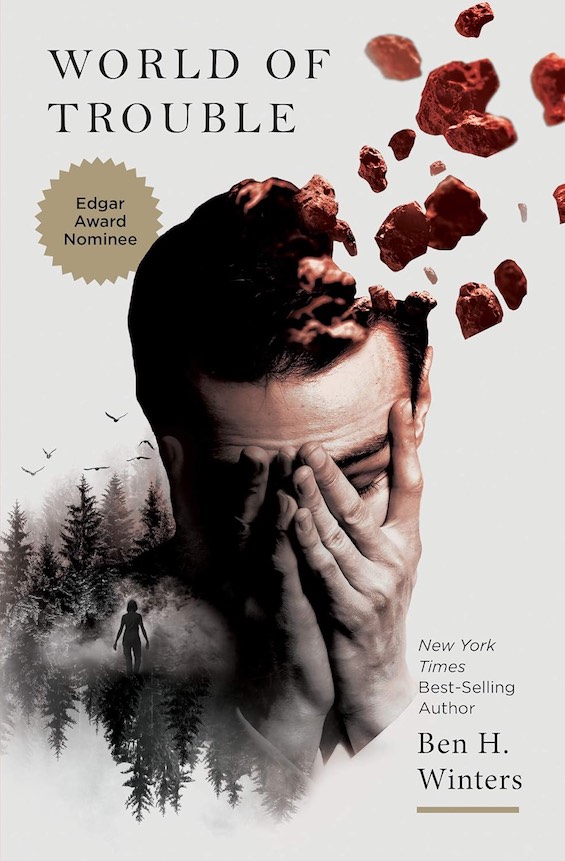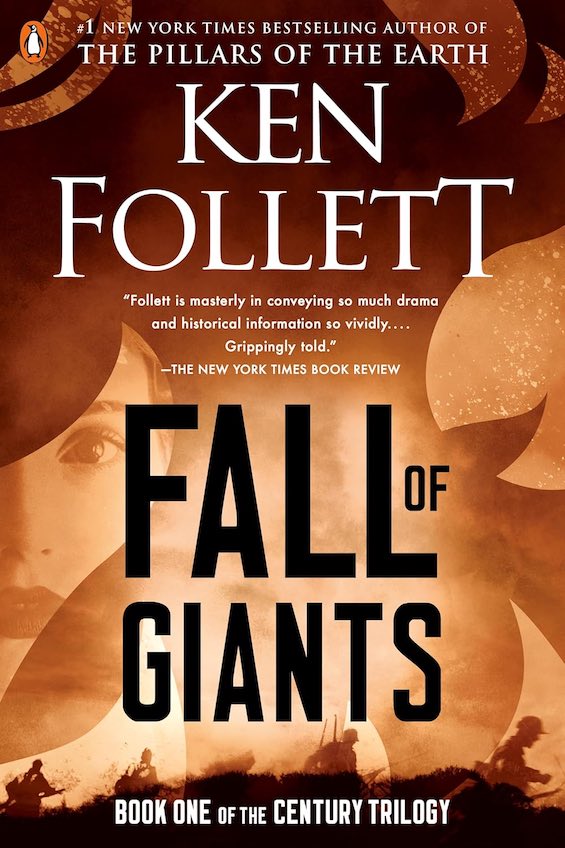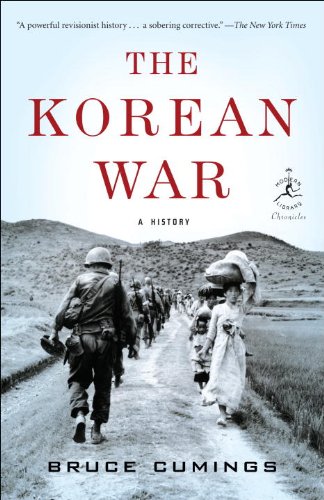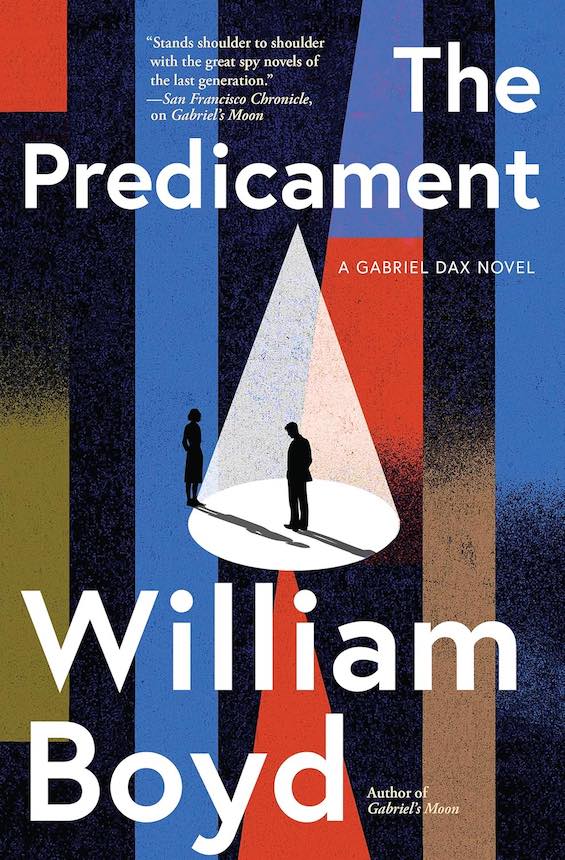Homicide detective Chen Cao has risen to the formidable posts of Chief Inspector, head of the Special Investigations Squad, and Deputy Secretary of the Communist Party in the Shanghai Police Bureau. Inspector Chen is that rarity in Chinese law enforcement: an honest man who seeks only the truth, wherever it might lead. He has resisted official pressure to avoid findings that might embarrass powerful officials. But now, suddenly, the axe falls from somewhere above. Chen receives a “promotion” to a make-work job outside the police, Chairman of the city’s Legal Reform Committee. Somebody close to the top wants to steer him away from one of the several new cases assigned to the Special Investigations Squad. But who is pulling the strings? And which case poses a threat to the official’s hold on power? This is the setup in Qiu Xiaolong’s Chinese detective thriller, Shanghai Redemption.
Opening our eyes to the reality of the New China
In the eight novels that precede Shanghai Redemption in this series, Inspector Chen has frequently collided with the Byzantine power dynamics that prevail in 21st-century China. Corruption is endemic. Rare is the Party official who doesn’t find a way to supplement his income through his position. And the biggest embezzlers and thieves are at the top. The massive high-tech factories and glittering towers that characterize the New China have enriched a new class of entrepreneurs closely related to highly placed Party officials. Many are their siblings or children. Qiu writes with a nuanced understanding of the historical and political forces that have created this new reality. The Inspector Chen novels open our eyes to the forces that dominate the world’s second-largest economy as Xi Jinping begins to tighten the reins.
Shanghai Redemption (Inspector Chen Cao #9) by Qiu Xiaolong (2014) 321 pages ★★★☆☆
Several new cases without obvious connections
Cast adrift from the job he has come to love, Chen and his collaborators follow the threads of evidence in each of the several cases assigned to his squad before his removal. A wealthy entrepreneur from a nearby city has disappeared. An American has died suddenly in a Shanghai hotel. The son of a famous general has gone on a rampage. And the son of the Party Secretary of Shanghai has received a scholarship to study at an elite American university and is living in one of several costly homes his family has purchased in the US. Each of these inquiries raises more questions. Links between them seem elusive at best. But of course there are links, as we discover at length when Chen’s investigation rushes to a conclusion.
As in every one of the novels that precede Shanghai Redemption in this series, Chen’s investigations always involve several recurring characters. Inspector Yu, his number two at the bureau. Yu’s wife, Peiqin, a chef who is also handy with a computer. Yu’s father, the retired policeman known as Old Hunter, who reveres Inspector Chen. Mr. Gu, a wealthy businessman who believes Chen helped make him successful. And White Cloud, a young woman who worked for him for a time as his “little secretary” (performing services outside of work). One way or another, they all become involved in Chen’s effort to discover who has targeted him, and why.
The most disappointing of the novels in this series
Qiu Xiaolong is both a published poet and a translator of classical Chinese poetry as well as a detective novelist. And every one of the books in this series makes that clear. Inspector Chen quotes centuries-old poems in both official and casual conversation. And they crop up in his private reflections as well again and again. I don’t read poetry, but I find the verses Qiu cites to be especially obscure and off-topic. I’ve always skimmed over them. But in Shanghai Redemption they appear especially intrusive and distracting.
I was also disappointed by the sloppiness of the text. Qiu repeatedly uses phrases such as “our materialistic society” and “socialism with Chinese characteristics,” putting those phrases into the speech of many of his characters. I’m skeptical that such formulations would crop up in everyday dialogue, as he implies. And the story is littered with minor contextual errors, such as the omission of the articles “a” and “the” to precede the nouns they modify. Perhaps that simply reflects Chinese syntax, which does not have a corresponding figure of speech. But whatever the case, somebody, starting with the author, should have edited this text before committing it to print.
I hope this novel is an aberration and that the remaining books in the series will read more smoothly.
About the author
Qiu Xiaolong has been writing about Chinese society and history through the medium of his detective novels featuring once-Chief Inspector Chen Cao of the Shanghai Police Bureau since 2000. As of 2025, they number 13 books. Each uses the vehicle of Chen’s Special Cases Squad to probe the implications of the city’s, and often the country’s, most politically sensitive issues.
Qiu was born in Shanghai in 1953 and earned both BA and MA degrees from Chinese universities. After relocating to the United States in 1988, he studied at Washington University in St. Louis, where he gained both MA and PhD degrees a few years later. As well as a novelist, Chen is also prominent as both a poet and a translator of Chinese poetry into English.
For related reading
For capsule reviews of all the other books in this series, see The best Chinese detective series.
Also, check out The 8 best historical mystery series and 30 insightful books about China.
You might also enjoy my posts:
- The best mystery series set in Asia
- 30 outstanding detective series from around the world
- Top 10 historical mysteries and thrillers
- The best police procedurals
- Top 10 mystery and thriller series
- Top 20 suspenseful detective novels
And you can always find the most popular of my 2,400 reviews, and the most recent ones, on the Home Page.

